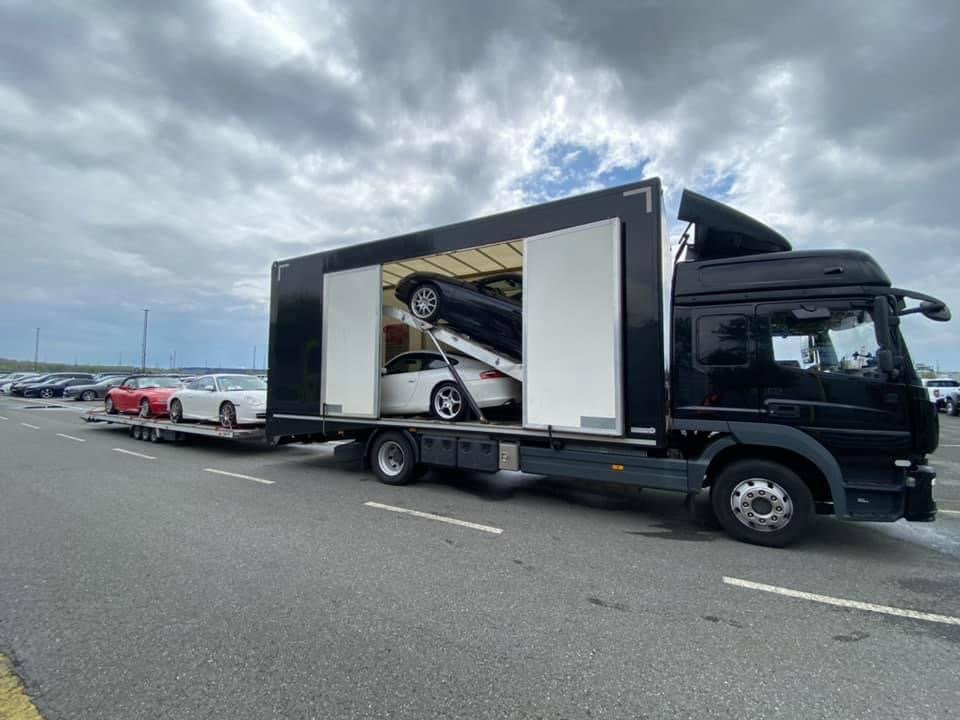
In the realm of car transportation, the decision between utilizing an open trailer or a closed trailer can significantly impact the safety, condition, and overall experience of transporting your vehicle. As a conscientious car owner, it’s crucial to weigh the pros and cons of each option before making a choice. Let’s delve into the intricacies of open and closed trailers to help you determine the optimal transporter for your prized automobile.
Open trailers, characterized by their exposed design, are a common sight on highways, hauling multiple vehicles simultaneously. These trailers offer a cost-effective solution for transporting cars over long distances, making them a preferred choice for many. However, despite their affordability and widespread use, open trailers leave vehicles vulnerable to various external elements such as weather conditions, road debris, and potential damage from nearby vehicles.
Conversely, closed trailers provide a shielded environment for your car during transit, offering superior protection against adverse weather, flying debris, and other external hazards. Enclosed within four walls, your vehicle remains sheltered from prying eyes, safeguarding it against theft and vandalism. While closed trailers typically come at a higher cost compared to their open counterparts, the added security and peace of mind they offer can be invaluable, especially for owners of luxury or vintage automobiles.
When deciding between an open or closed trailer, several factors come into play, including the value of your vehicle, the distance of transportation, and your budgetary constraints. For everyday vehicles with minimal sentimental or monetary value, an open trailer might suffice, providing a cost-effective solution for transporting your car from point A to point B. However, if you own a high-end sports car, classic automobile, or luxury vehicle, investing in the added protection of a closed trailer could prove to be a prudent decision, safeguarding your prized possession against potential risks and preserving its pristine condition.
Moreover, the nature of your car and its susceptibility to damage should also influence your choice of transporter. While sturdy and robust vehicles may withstand the rigors of open transportation without issue, delicate or custom-made cars might require the added security offered by a closed trailer to prevent any potential harm during transit.
Beyond the protective benefits, the choice between open and closed trailers also extends to considerations of convenience and flexibility. Open trailers, with their larger capacity and accessibility, offer a quicker turnaround time and greater availability for scheduling transport. On the other hand, closed trailers, while providing superior protection, may involve longer lead times and limited availability due to their specialized nature.
In addition to the type of trailer, it’s essential to consider the reputation and reliability of the transportation service provider. Look for companies with a track record of delivering exceptional service, transparent pricing, and a commitment to customer satisfaction. Reading reviews, seeking recommendations, and conducting thorough research can help you identify reputable transporters capable of meeting your specific needs and requirements.
In conclusion, the decision between an open trailer and a closed trailer ultimately hinges on a combination of factors, including the value of your vehicle, the level of protection desired, and your budgetary considerations. By carefully evaluating these factors and conducting diligent research, you can make an informed choice that ensures the safe and secure transportation of your car, giving you peace of mind throughout the journey.

